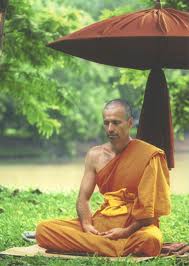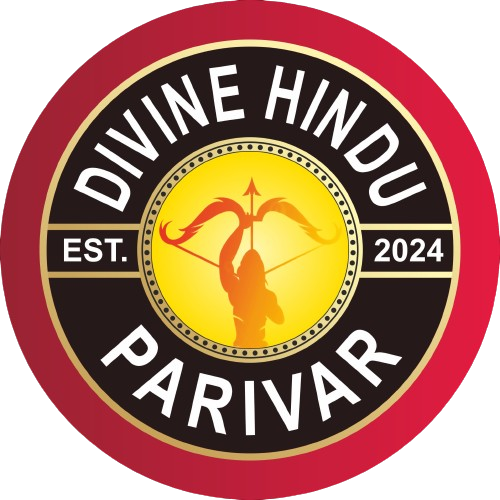Hindu Religion
Purpose Of Religion

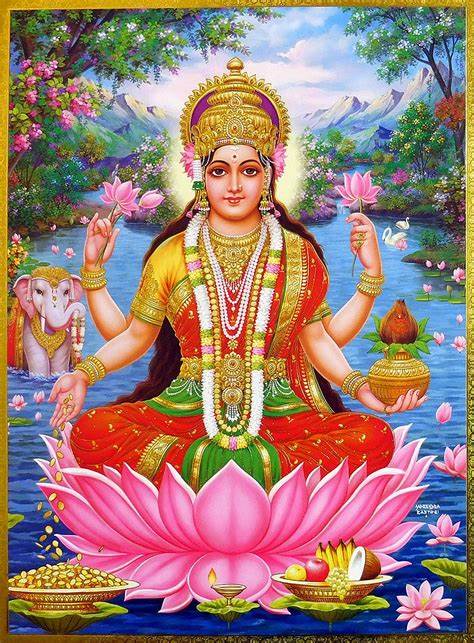
Distinguishing Features Of Hinduism
Hinduism is also known by the names Sanatana-Dharma and Vaidika-Dharma.
Sanatana-Dharma means eternal religion. Hinduism is as old as the world itself. Hinduism is the mother of all religions. Hindu scriptures are the oldest in the world, Sanatana-Dharma is so called, not only because it is eternal, but also because it is protected by God and because it can make us eternal.
Vaidika-Dharma means the religion of the Vedas. The Vedas are the foundational scriptures of Hinduism. The ancient Rishis and sages of India have expressed their intuitive spiritual experiences (Aparoksha-Anubhuti) in the Upanishads. These experiences are direct and infallible. Hinduism regards the spiritual experiences of the Rishis of yore as its authority. The priceless truths that have been discovered by the Hindu Rishis and sages through millennia constitute the glory of Hinduism. Therefore, Hinduism is a revealed religion.
A Religion Of Freedom
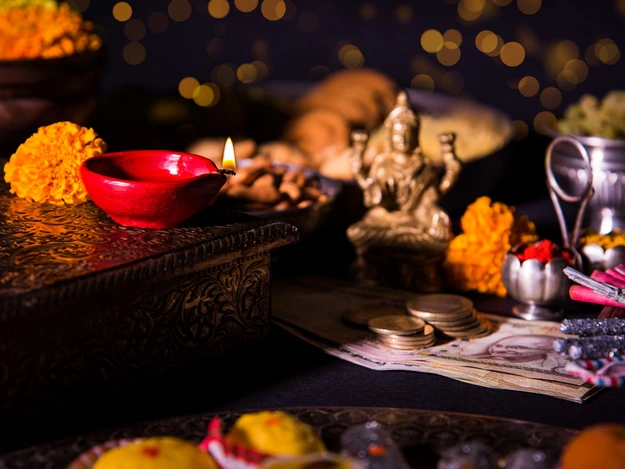
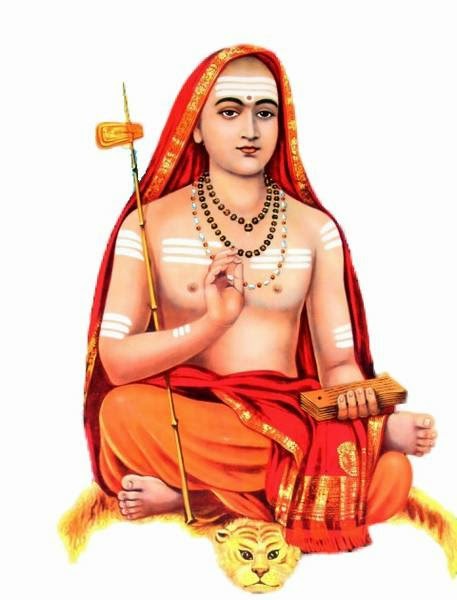
The Glory of Vedanta and Yoga
Emphasis On Practice
Religion is practical aspect of philosophy. Philosophy is rational aspect of religion. The philosophy of Hinduism is not arm-chair philosophy. It is not meant for intellectual curiosity and vain discussion. Hindu philosophy is a way of life. The philosopher of Hinduism seriously reflects after hearing the Srutis, does Atma-Vichara, constantly meditates, and then attains Self-realisation or Atma-Sakshatkara. Moksha is his goal. He attempts to attain Jivanmukti now and here.
Religion is spiritualisation of human life for a Hindu. Religious culture is really the culture of freedom for him. Religion governs all the departments of Hindu life. He must realise the freedom of the soul in every department of life. Religion affords the greatest scope for him for the culture of true freedom. Religion is the only way to him for the realisation of perfect freedom in life.
It is in India alone that every man knows something of philosophy. The cowherd who tends the cattle, the peasant who ploughs the fields, the boat-man who pulls at his oar, sing songs replete with philosophical truths. Even the barber repeats OM NAMAH SIVAYA, SIVOHAM before he takes up the razor. The Paramahamsa Sannyasins, the itinerant monks of Hinduism, have disseminated the highest of Vedanta from door to door. In exchange for a handful of rice, they have distributed from door to door, through religious songs, the priceless gems of Hindu religion and philosophy.
